Emergency HVAC Swanage
Top 10 24/7 HVAC Repair in Swanage
Receive 3 FREE 24/7 HVAC Repair quotes for your project today! Compare profiles, reviews, accreditations, portfolio, etc... and choose the best offer.
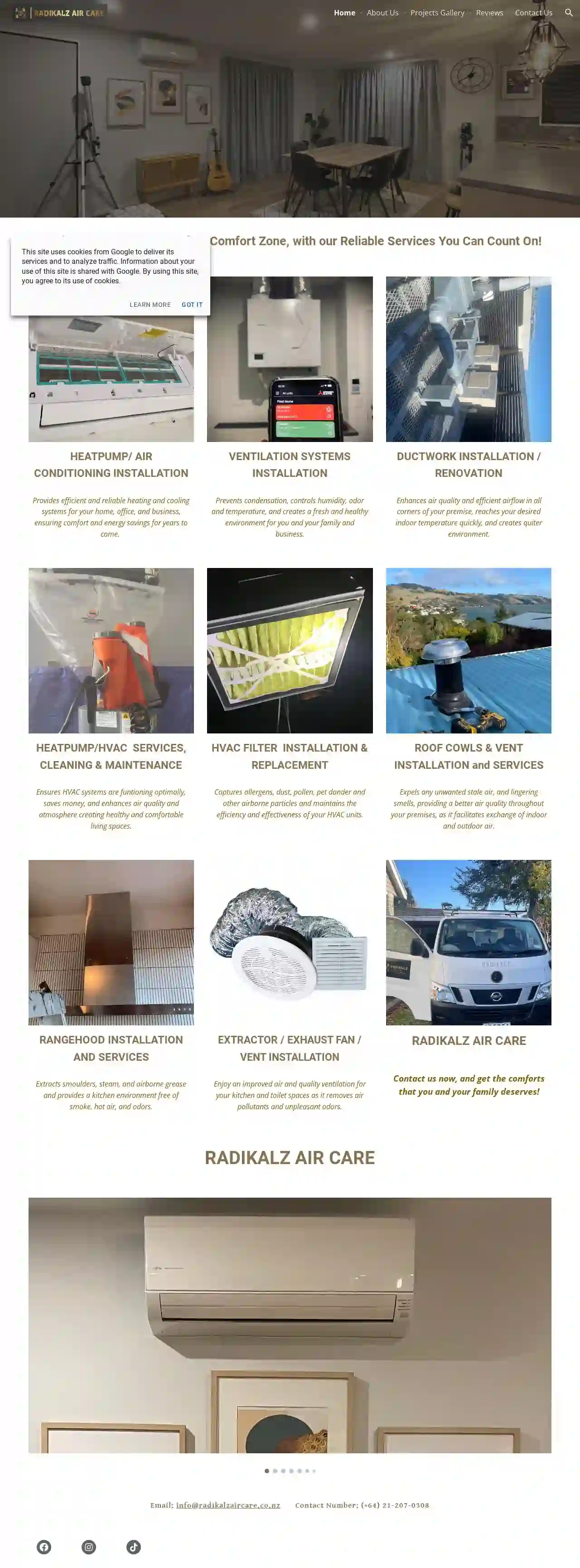
Radikalz Air Care
Christchurch, GBHi! We are a local family business who specialises in heating, ventilation and air conditioning installation, cleaning and maintenance, and other similar services. We also do other related works like range hood installation, fittings of outside grill and duct connection, bathroom and kitchen extracts, insulation, and fabrication, cladding and roofing. We would like to offer you our most reliable and highest quality services and be your partner in meeting all your needs, be it on residential and commercial premises. We are very professional and hard working, yet with a heart to meet all your deadlines and requirements. With Radikalz Air Care, you can be rest assured that you have someone, you can really rely and count on, because we care. With Radikalz Air Care, it’s time to create your perfect comfort zone!
- Services
- Why Us?
- Testimonials
- Gallery
Get Quote
North Canterbury Energy Centre
4.415 reviews694 Lineside Road, Rangiora, 7440, GBNorth Canterbury Energy Centre is your trusted source for heating and electrical solutions in Rangiora, North Canterbury, and Kaikoura. With a combined staff of 19 across two branches, we offer a wide range of services, including heat pump installation, air conditioning, ventilation, and electrical work. Our Rangiora branch boasts a showroom featuring a diverse selection of heat pumps, including a fully operational ducted system for you to experience firsthand. Our friendly and knowledgeable team is dedicated to providing expert advice and guidance to help you find the perfect solution for your needs. In Kaikoura, our two resident engineers are ready to handle all your heat pump and commercial refrigeration requirements, supported by the expertise of our Rangiora branch for larger projects. At North Canterbury Energy Centre, we pride ourselves on our experience, reliability, and commitment to customer satisfaction.
- Services
- Why Us?
- Accreditations
- Our Team
- Testimonials
- Gallery
Get Quote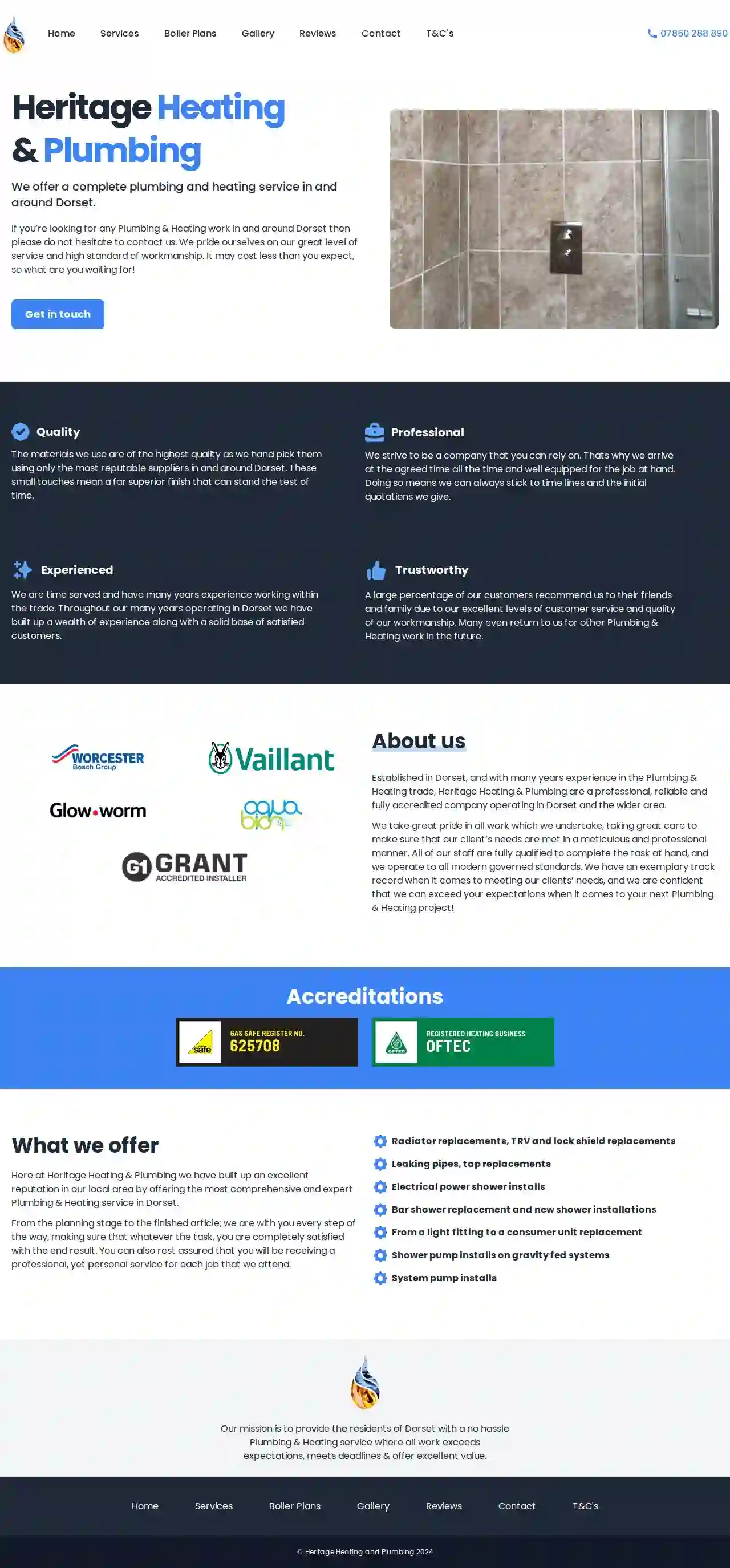
Heritage Heating and Plumbing Ltd
Nottington, Dorset, 3 Nottington Court, Weymouth, DT3 4BL, GBHeritage Heating & Plumbing is a professional, reliable and fully accredited company operating in Dorset and the wider area. We take great pride in all work which we undertake, taking great care to make sure that our client’s needs are met in a meticulous and professional manner. All of our staff are fully qualified to complete the task at hand, and we operate to all modern governed standards. We have an exemplary track record when it comes to meeting our clients’ needs, and we are confident that we can exceed your expectations when it comes to your next Plumbing & Heating project!
- Services
- Why Us?
- Accreditations
- Our Team
- Testimonials
- Gallery
Get Quote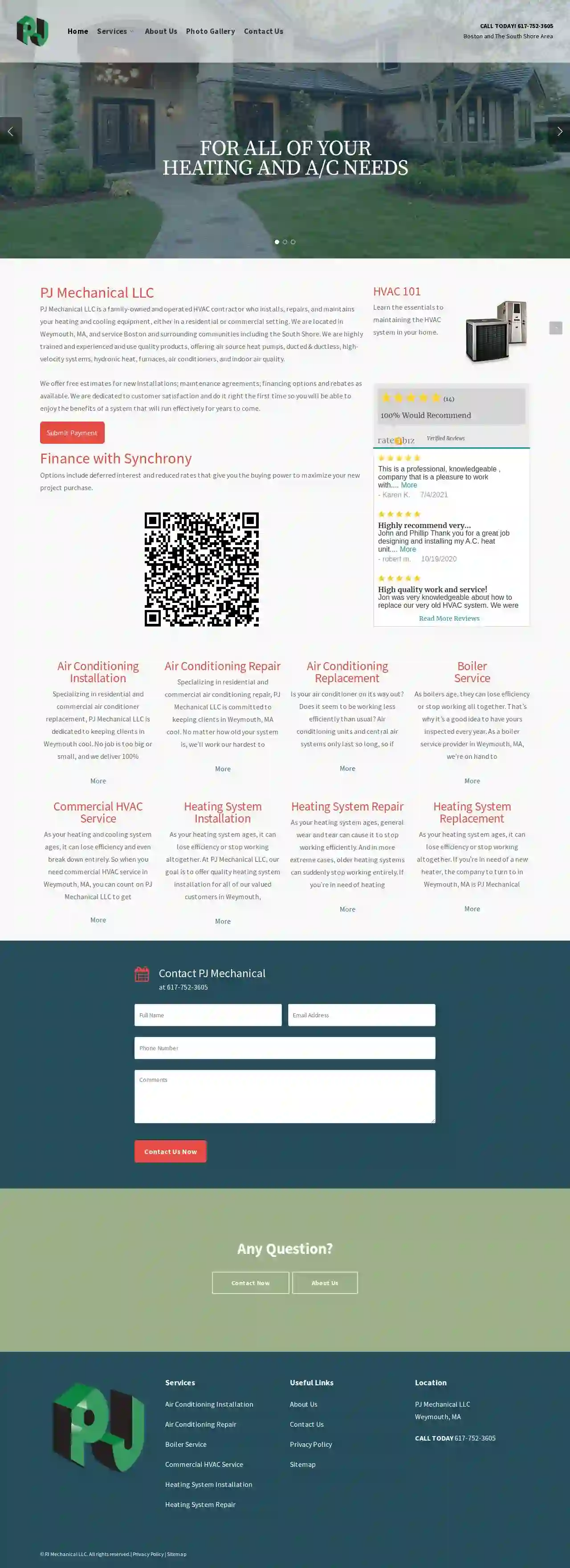
PJ Mechanical LLC
537 reviews1000 Commercial Street, Weymouth, 02188, GBPJ Mechanical LLC is a family-owned and operated HVAC contractor serving Weymouth, MA, and the surrounding Boston and South Shore communities. We specialize in installing, repairing, and maintaining both residential and commercial heating and cooling equipment. Our team of highly trained and experienced technicians utilizes quality products, including air source heat pumps, ducted & ductless systems, high-velocity systems, hydronic heat, furnaces, air conditioners, and indoor air quality solutions. We are dedicated to providing our customers with exceptional service, offering free estimates for new installations, maintenance agreements, financing options, and rebates where available. Our goal is to ensure your system runs effectively for years to come, delivering comfort and peace of mind.
- Services
- Why Us?
- Gallery
Get Quote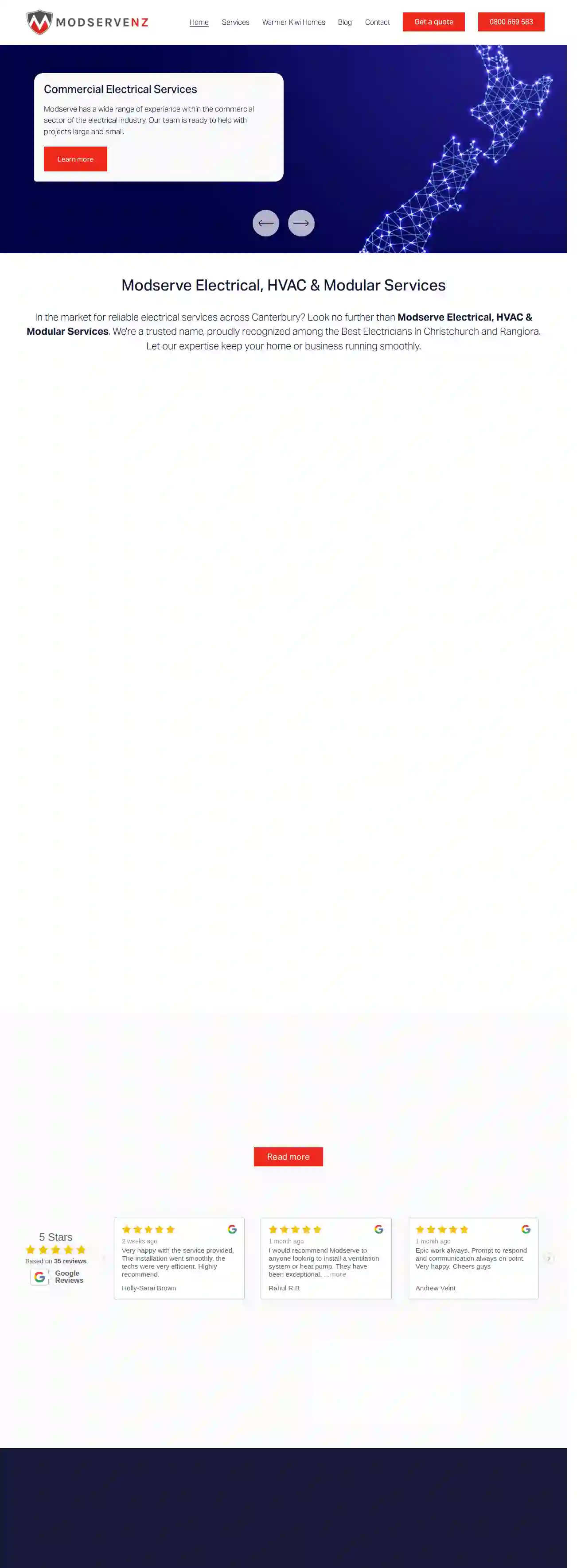
Modserve NZ Ltd
528 reviewsUnit 8, 18 Taurus Place, Bromley, 8062, GBModserve Electrical, HVAC & Modular Services is a trusted name in the electrical industry, recognized among the Best Electricians in Christchurch and Rangiora. We provide a wide range of electrical services, including residential, commercial, and industrial services, as well as heat pumps, home ventilation systems, and modular solutions. Our team of experienced electricians is dedicated to providing top-notch expertise and safety, proudly holding Site Wise Gold status. We take the time to understand our client needs and welcome the opportunity to work with you on your new or existing home or business.
- Services
- Why Us?
- Gallery
Get Quote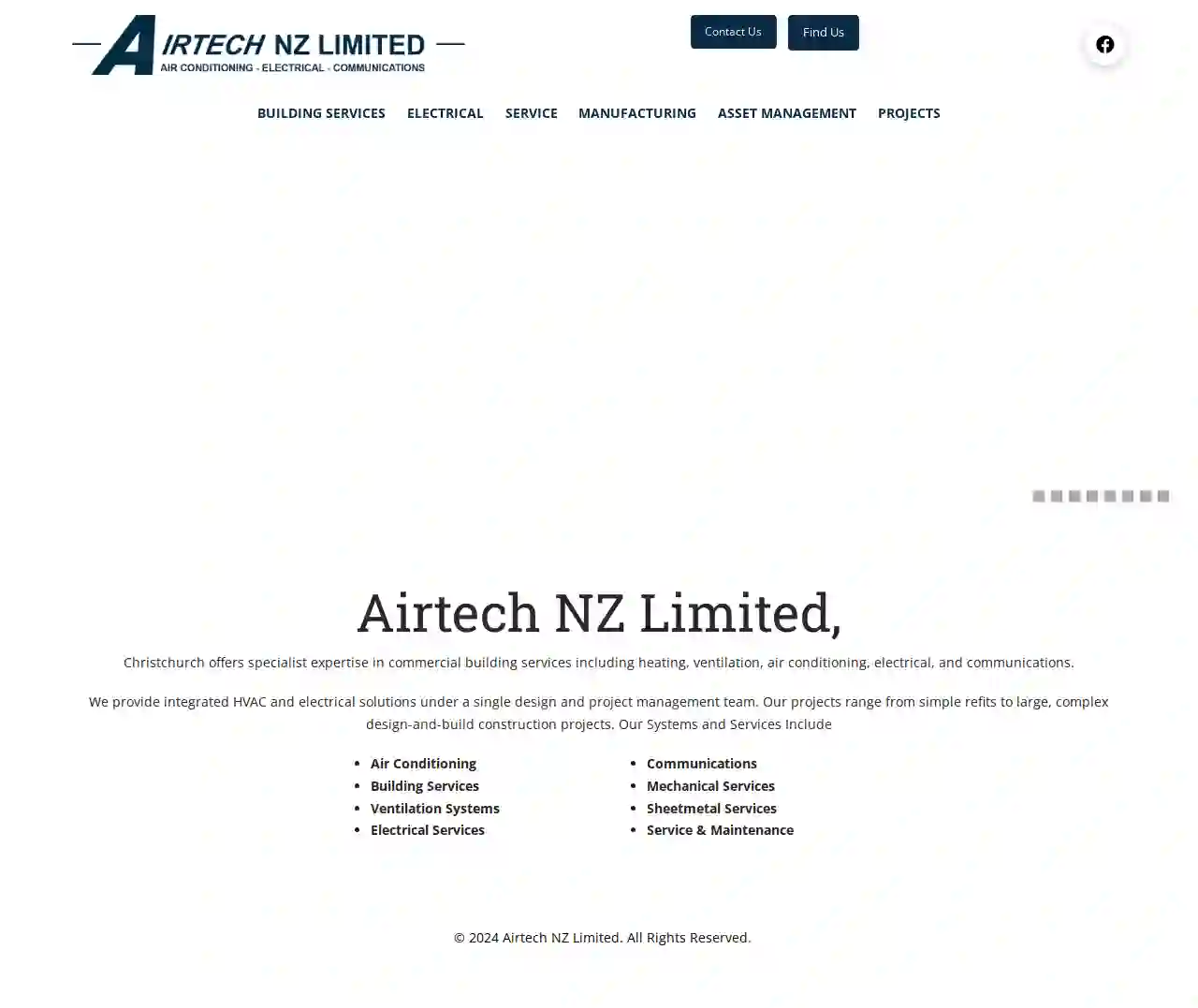
Airtech NZ Limited
3.56 reviews50 Disraeli Street, Christchurch, 8440, GBAirtech NZ Limited, based in Christchurch, provides specialist expertise in commercial building services, encompassing heating, ventilation, air conditioning, electrical, and communications. We offer integrated HVAC and electrical solutions under a single design and project management team. Our project portfolio spans from straightforward refits to large, intricate design-and-build construction projects. Our Systems and Services Include: * Air Conditioning * Building Services * Ventilation Systems * Electrical Services * Communications * Mechanical Services * Sheetmetal Services * Service & Maintenance We cater to commercial and industrial clients throughout New Zealand, designing, building, installing, and servicing heating, ventilation, and air conditioning systems. We also specialize in building automation, designing and supplying building control and automation systems for both new construction and building renovations. Our service plans are tailored to safeguard your investment and ensure your systems consistently operate as intended. Our comprehensive electrical services encompass systems design, installation, maintenance, and servicing of commercial buildings' electrical infrastructure.
- Services
- Why Us?
- Gallery
Get Quote
FAS Energy
4.215 reviews6/88 Hayton Road, Wigram, Christchurch, 8024, GBFAS Energy is a residential heating, ventilation, and air conditioning company serving Christchurch and Wellington. We specialize in residential projects, from large subdivisions to inner-city apartments, central heating, ventilation, and individual homes. As an accredited dealer and installer of all major brands of heat pump and air conditioning units, we can offer the maximum warranty from the suppliers. Our commitment is to provide our customers with exceptional service from start to finish. With our extensive and varied experience, we can provide you with the best price and highest standard of workmanship. We are a locally-owned business with highly skilled partners who bring many combined years of expert advice and knowledge to FAS Energy. Contact us today for all your residential or commercial heating, ventilation, or air conditioning needs!
- Services
- Why Us?
- Accreditations
- Our Team
- Testimonials
- Gallery
Get Quote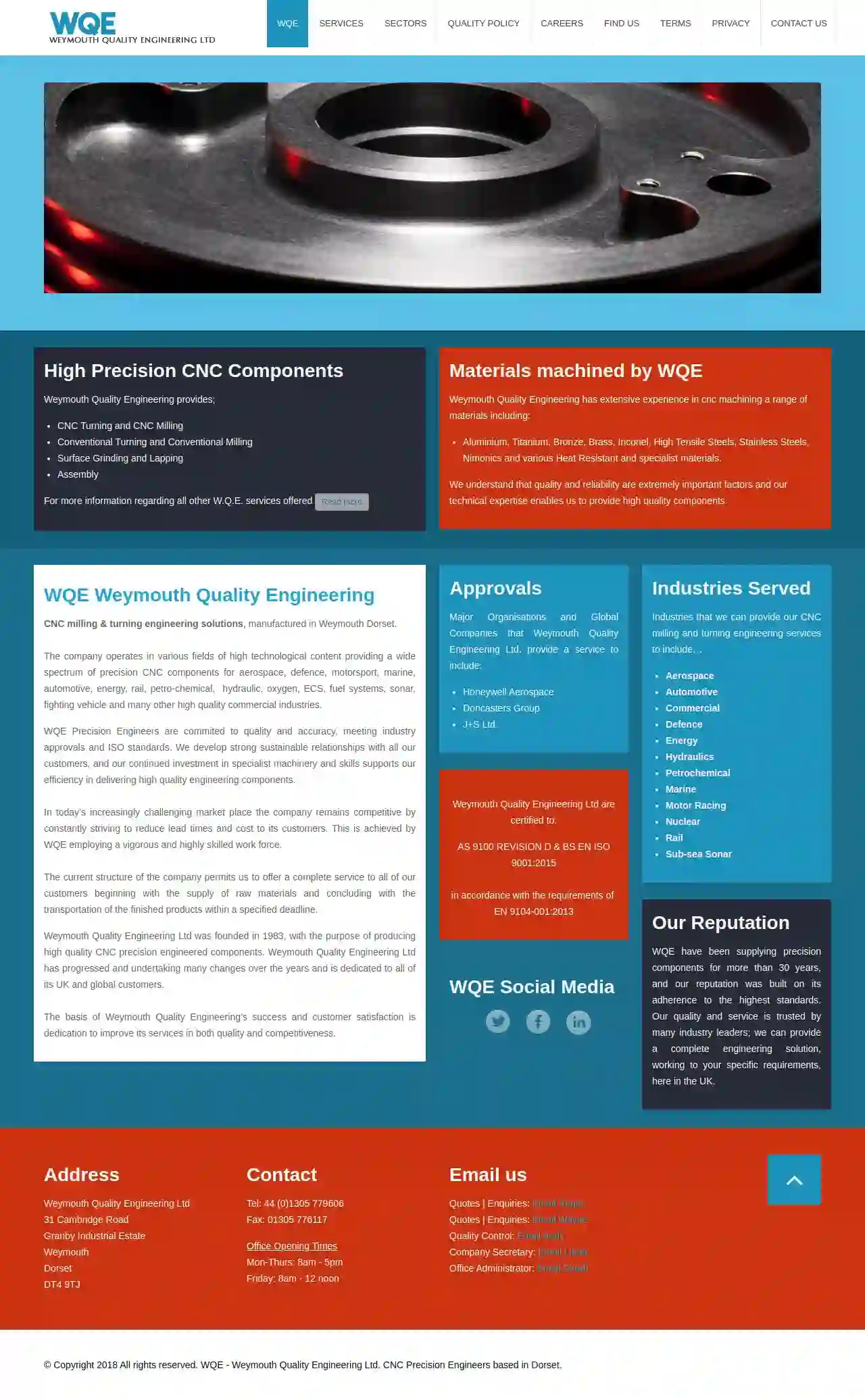
Weymouth Quality Engineering
31 Cambridge Road, Granby Industrial Estate, Weymouth, DT4 9TJ, GBWeymouth Quality Engineering (WQE) is a precision engineering company based in Weymouth, Dorset, specializing in CNC machining and other precision engineering services. We serve a wide range of industries, including aerospace, defence, motorsport, marine, automotive, energy, rail, petro-chemical, hydraulic, oxygen, ECS, fuel systems, sonar, fighting vehicle and many other high quality commercial industries. WQE is committed to providing high quality components, meeting industry approvals and ISO standards. We pride ourselves on our technical expertise, creativity, and client responsiveness. Our highly skilled workforce and management's ability to understand our customers' changing needs are central to our success. We utilize a wide range of machinery with accuracy, repeatability, and reliability to meet the demands of the reactive precision machining market. WQE offers a full scope of services, including CNC turning and milling, conventional turning and milling, surface grinding, lapping, assembly, surface treatments, heat treatments, pressure/leak testing, flaw detecting, painting, and ultrasonic cleaning. We specialize in machining a variety of materials, such as aluminium, titanium, bronze, brass, nimonics, inconels, high tensile steels, stainless steels, and various heat resistant materials. WQE is certified to AS 9100 REVISION D & BS EN ISO 9001:2015 in accordance with the requirements of EN 9104-001:2013.
- Services
- Why Us?
- Accreditations
- Our Team
- Gallery
Get Quote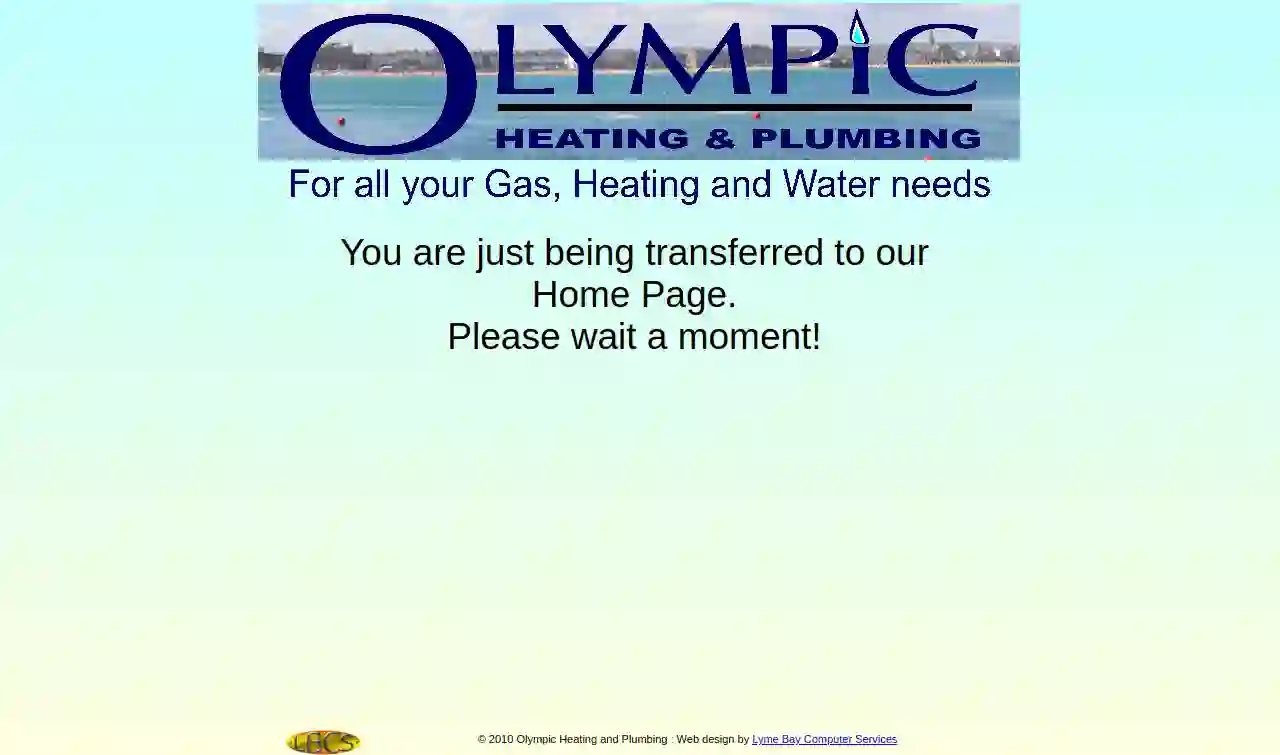
Olympic Heating & Plumbing
57 reviewsThe Old Mill, Mill Street, Unit 1, Seaton, EX13 5AA, GBOlympic Heating and Plumbing is a company that provides heating and plumbing services. They are based in the UK and have been in business since 2010. They offer a range of services, including boiler installations, repairs, and servicing. They also offer plumbing services, such as leak detection and repair.
- Services
- Why Us?
- Accreditations
- Gallery
Get Quote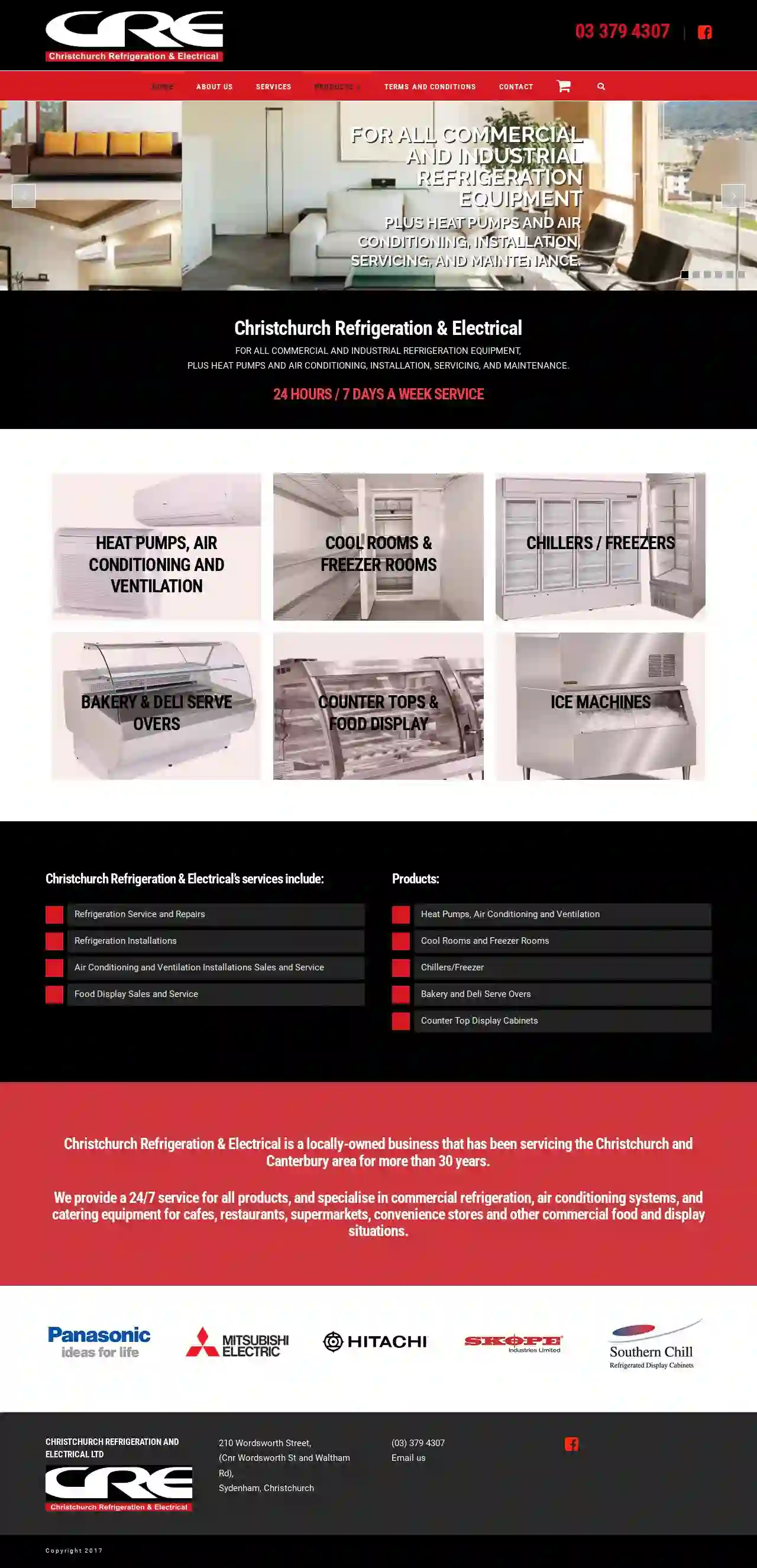
Christchurch Refrigeration & Electrical CRE Ltd
3.911 reviewsCnr Wordsworth St and Waltham Rd, 210 Wordsworth Street, Sydenham, GBChristchurch Refrigeration & Electrical is a locally-owned business that has been servicing the Christchurch and Canterbury area for more than 30 years. We provide a 24/7 service for all products, and specialise in commercial refrigeration, air conditioning systems, and catering equipment for cafes, restaurants, supermarkets, convenience stores and other commercial food and display situations.
- Services
- Why Us?
- Gallery
Get Quote
Over 12,692+ HVAC Companies registered
Our HVAC companies operate in Swanage and beyond!
HVACCompaniesHub has curated and vetted the Best HVAC Contractors near Swanage. Find the most trustworthy contractor today.
Frequently Asked Questions About Emergency HVAC Services
- Turn off the system: Switch off your HVAC system at the thermostat.
- Turn off the power: Locate the circuit breaker for your HVAC system and turn it off.
- Wait: Wait a few minutes for the system to completely power down.
- Restore power: Turn the circuit breaker back on.
- Turn on the system: Switch your HVAC system on at the thermostat.
- Lower Your Thermostat: Set your thermostat to a lower temperature when you are away or asleep. Consider installing a smart thermostat for precise temperature control.
- Seal Air Leaks: Seal gaps and cracks around windows, doors, and other openings to prevent heat loss.
- Improve Insulation: Make sure your home is properly insulated.
- Annual Furnace Maintenance: Annual servicing ensures your system is functioning optimally.
- Use Window Coverings: Close curtains or blinds at night to retain heat.
How do I reset my HVAC system?
What is the best way to heat my home efficiently?
What is carbon monoxide, and how can it affect my HVAC system?
What is a smart thermostat, and how can it save me money?
How do I reset my HVAC system?
- Turn off the system: Switch off your HVAC system at the thermostat.
- Turn off the power: Locate the circuit breaker for your HVAC system and turn it off.
- Wait: Wait at least 5 minutes for the system to completely power down.
- Restore power: Turn the circuit breaker back on.
- Turn on the system: Switch your HVAC system on at the thermostat.
What is the best way to heat my home efficiently?
- Lower Your Thermostat: Set your thermostat to a lower temperature when you are away or asleep. Consider installing a smart thermostat for precise temperature control.
- Seal Air Leaks: Seal gaps and cracks around windows, doors, and other openings to prevent heat loss.
- Improve Insulation: Make sure your home is properly insulated.
- Annual Furnace Maintenance: Annual servicing ensures your system is functioning optimally.
- Use Window Coverings: Close curtains or blinds at night to retain heat.